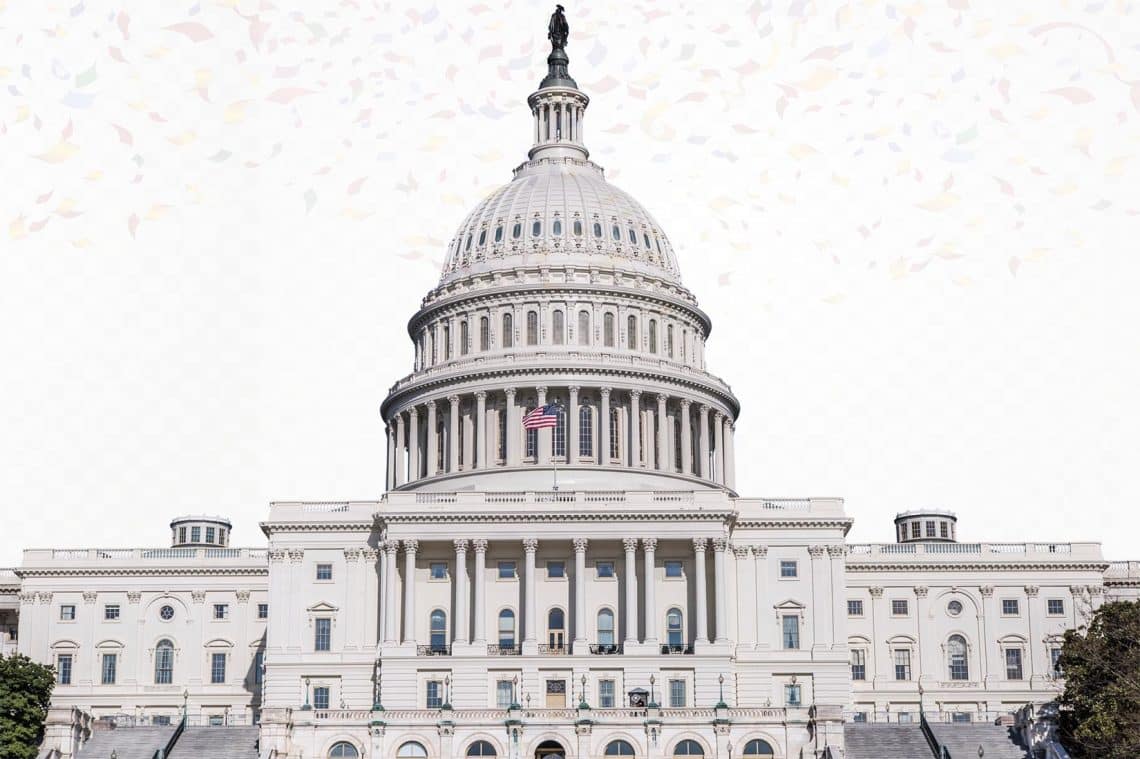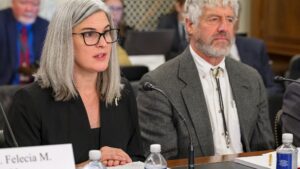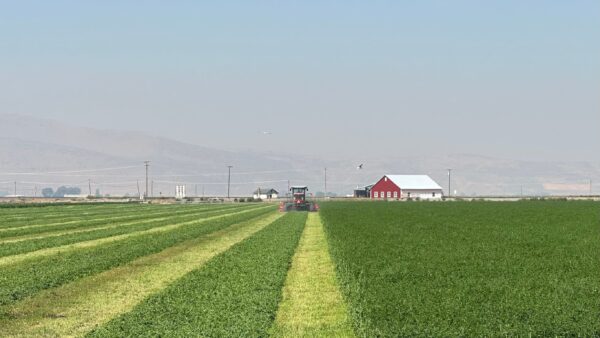Last night (Sept. 28), the U.S. Congress made a “historic” move and passed the International Treaty on Plant Genetic Resources for Food and Agriculture — something the seed industry has been advocating for more than a decade.
“The treaty is a win for the American seed industry and for agriculture innovation around the world,” says Andy LaVigne, American Seed Trade Association president and CEO. “Ratification of the treaty has been one of ASTA’s top legislative priority for the past decade and has been supported by a wide range of agriculture and scientific organizations and universities.
“The treaty will ensure U.S. public and private plant breeders have secure access to the materials they need to address some of the world’s most pressing challenges — from evolving plant pests and diseases, to changing climate, and feeding a growing population.”
Under the auspices of the Food and Agriculture Organization of the United Nations, the treaty first entered into force June 29, 2004, with the guidance of a governing body that is comprised of representatives from all contracting parties. It was first signed by President George W. Bush and saw movement a few times through the years, but the treaty never made it through.
It again picked up steam in May when John Schoenecker of HM.CLAUSE, on behalf of ASTA, provided testimony before the Senate Foreign Relations Committee.
Schoenecker explained that the U.S. played a key role in negotiations leading up to the creation of the final text of the treaty during the Bush Administration.
“The intent was to create interntional rules and standards around access and benefit sharing with regard to seed used for agriculture,” he said. “Recently, the implementation of the Nagoya Protocol under the Convention on Biological Diversity (CBD) is further threatening our ability to exchange germplasm globally.
“With ratification, the U.S. would be able to resume its leadership position to enhance the functioning of the treaty and greatly diminish the uncertainty created by the CBD and Nagoya.”
Then in June, the Senate Foreign Relations Committee approved the treaty and it moved before the full U.S. Senate.
With last night’s passage, the United States became the 140th county to ratify the treaty. The treaty sets out to accomplish three things. First, it aims to take care of the conservation of plant genetic resources for food and agriculture. Second, the genetic resources should be used in a sustainable manner. And third, access and benefit sharing should be managed. The treaty also recognizes that farmers have contributed to the diversity of crops that feed the world; therefore, it works to ensure that recipients share benefits they derive from the use of these genetic materials.
Also in support of the treaty is the Crop Science Society of America. In its policy positions paper, the Germplasm Writing Team, noted:
The process of plant improvement is ongoing as pests and diseases evolve and new market and environmental challenges continuously arise. Agriculture now faces a host of intensifying challenges with global population increases and increasing weather extremes. New traits that will boost crop performance and value will depend on continued access to storehouses of plant genetic resources, maintained by the USDA National Plant Germplasm System (NPGS), universities, research organizations and companies around the world. These collections, in aggregate, are fundamentally important to our ability to maintain a vibrant U.S. bio-economy, national security, and an adequate global food supply.
The Germplasm Writing Team included Charles Brummer, David Stelly, Luigi Guarino, Molly Jahn, Paul Gepts, Rebecca Nelson, Sarah Collier and Thomas Payne. CSSA’s Policy Committee Chair was Stephen Baenziger.
Meetings continue to happen at the international level with discussions primarily focused on access and benefit sharing. As a ratifying country, the United States will now have a seat at the negotiating table.
LaVigne says this is important to protecting U.S. interests, as well lending expertise.












